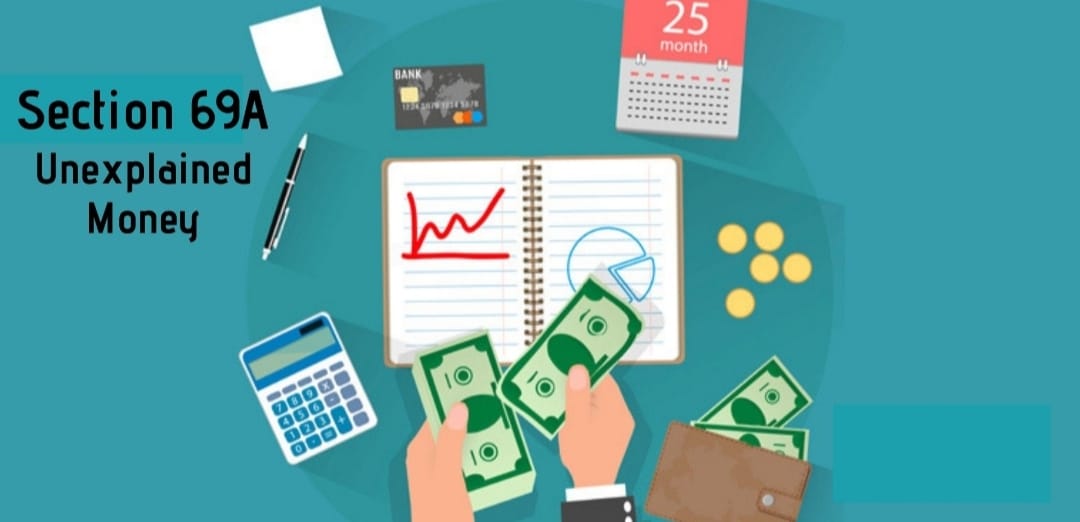Title: THE COMMISSIONER OF INCOME TAX versus HERSH WASHESHER CHADHA
+ ITA 676/2023
Decided on: 12.12.2023
CORAM: HON’BLE MR. JUSTICE RAJIV SHAKDHER
HON’BLE MR. JUSTICE GIRISH KATHPALIA
Introduction:
This appeal, filed under Section 260A of the Income Tax Act, challenges the Income Tax Appellate Tribunal’s order dated 13.04.2023. The Tribunal had allowed the appeal (ITA 123/Del/2021) related to the Assessment Year 2017-18 filed by the current respondent/assessee.
Facts of the Case:
The respondent, a non-resident individual living in the United Arab Emirates (UAE), filed an Income Tax Return for the Assessment Year 2017-18, declaring an income of Rs.1,02,288. This included savings bank interest of Rs.95,305 and interest on income tax refund of Rs.6,983. In the scrutiny process, the Assessing Officer made additions under Section 69A of the Income Tax Act: Rs.1,40,09,733 for unexplained credit entries, Rs.1,64,219 for underreporting of interest, and Rs.4,69,335 for deemed dividend under Section 2(22)(e) of the Act.
The respondent appealed, challenging only the addition under Section 69A. The Commissioner of Income Tax (Appeals) partially allowed the appeal on 31.12.2020, excluding Rs.5,00,000 for inter-bank transfer and Rs.2,84,200 for income tax refund from the contested Rs.1,40,09,733. The respondent then appealed to the Income Tax Appellate Tribunal, which entirely deleted the Section 69A addition, the rationale behind was that, the respondent/assessee being a non-resident, whose only source of income in India is from interest on bank account and interest on income tax refund, one of the conditions of Section 69A of the Act is not satisfied, consequently the addition made by invoking Section 69A of the Act is not sustainable. This present appeal disputes that decision.
Laws Involved:
69A the Income Tax Act, 1961-
Where in any financial year the assessee is found to be the owner of any money, bullion, jewellery or other valuable article and such money, bullion, jewellery or valuable article is not recorded in the books of account, if any, maintained by him for any source of income, and the assessee offers no explanation about the nature and source of acquisition of the money, bullion, jewellery or other valuable article, or the explanation offered by him is not, in the opinion of the Assessing Officer, satisfactory, the money and the value of the bullion, jewellery or other valuable article may be deemed to be the income of the assessee for such financial year.
Issues Framed by the Court:
- Whether on the facts and in the circumstances of the case and in law, the Hon’ble ITAT is justified in holding that Section 69A is not applicable to the present case?
- Whether on the facts and in the circumstances of the case and in law, the Hon’ble ITAT is justified in deleting the addition of Rs.1,32,25,533/- made by AO and affirmed by CIT(A) without appreciating that the source of credit entries of Rs.1.32 crores remained unexplained?
- Whether on the facts and in the circumstances of the case and in law, the Hon’ble ITAT is justified in deleting the addition of Rs. 1,32,25,533/- without appreciating that the assessee failed to file the documentary evidence related to the credit entries in the bank accounts before the AO ?
Courts Judgement and Analysis:
Section 69A of the Income Tax Act deals with situations where a person is found to possess money, jewelry, or valuable items that are not accounted for in their books of account, and they fail to provide a satisfactory explanation for the source of these possessions. If no explanation is given or if it’s deemed unsatisfactory by the tax authorities, the unaccounted money can be treated as the person’s income for that financial year.
In this case court observed that, the individual involved is a Non-Resident Indian, and their income in India is from bank interest and income tax refunds. Since they are not obligated to maintain books of account in India for this type of income, the court suggests that Section 69A may not apply.
They also found that its prima facie that the expression “if any” specifically used in Section 69A of the Act amplifies that where books of account are not maintained, it would not be possible to invoke this provision.
Additionally, the court notes that the individual provided a detailed explanation for the money in question, and the Tribunal thoroughly examined the supporting documents. Without any claim of errors in the assessment by the revenue authority, the court concludes that it cannot interfere under Section 260A of the Act, which deals with the court’s jurisdiction in such matters.
The reference to the K.V. Mathew case was given to highlight a similar situation where the High Court did not find it necessary to consider the case further because the facts were already determined by the authorities, and there was no material explaining the origin of the money in question.
In essence, the court is emphasizing the importance of proper documentation and explanations in tax matters and suggests that, in this particular case, there is no legal basis to overturn the Tribunal’s decision.
“PRIME LEGAL is a full-service law firm that has won a National Award and has more than 20 years of experience in an array of sectors and practice areas. Prime legal fall into a category of best law firm, best lawyer, best family lawyer, best divorce lawyer, best divorce law firm, best criminal lawyer, best criminal law firm, best consumer lawyer, best civil lawyer.”
Written by- Aditi
Click here to view the judgment


